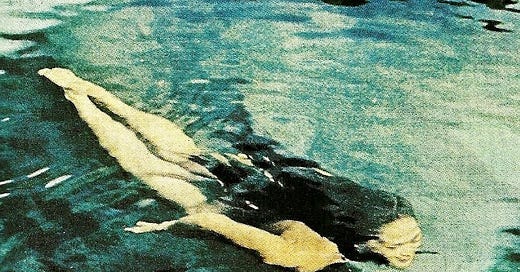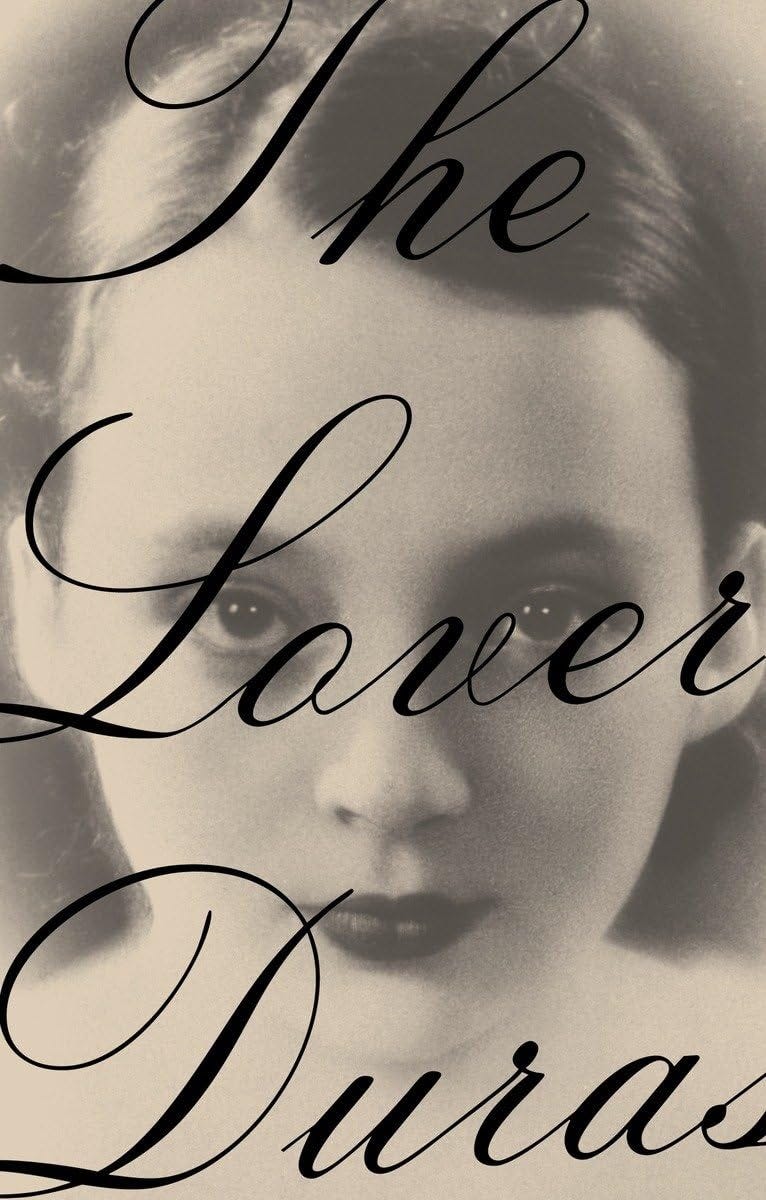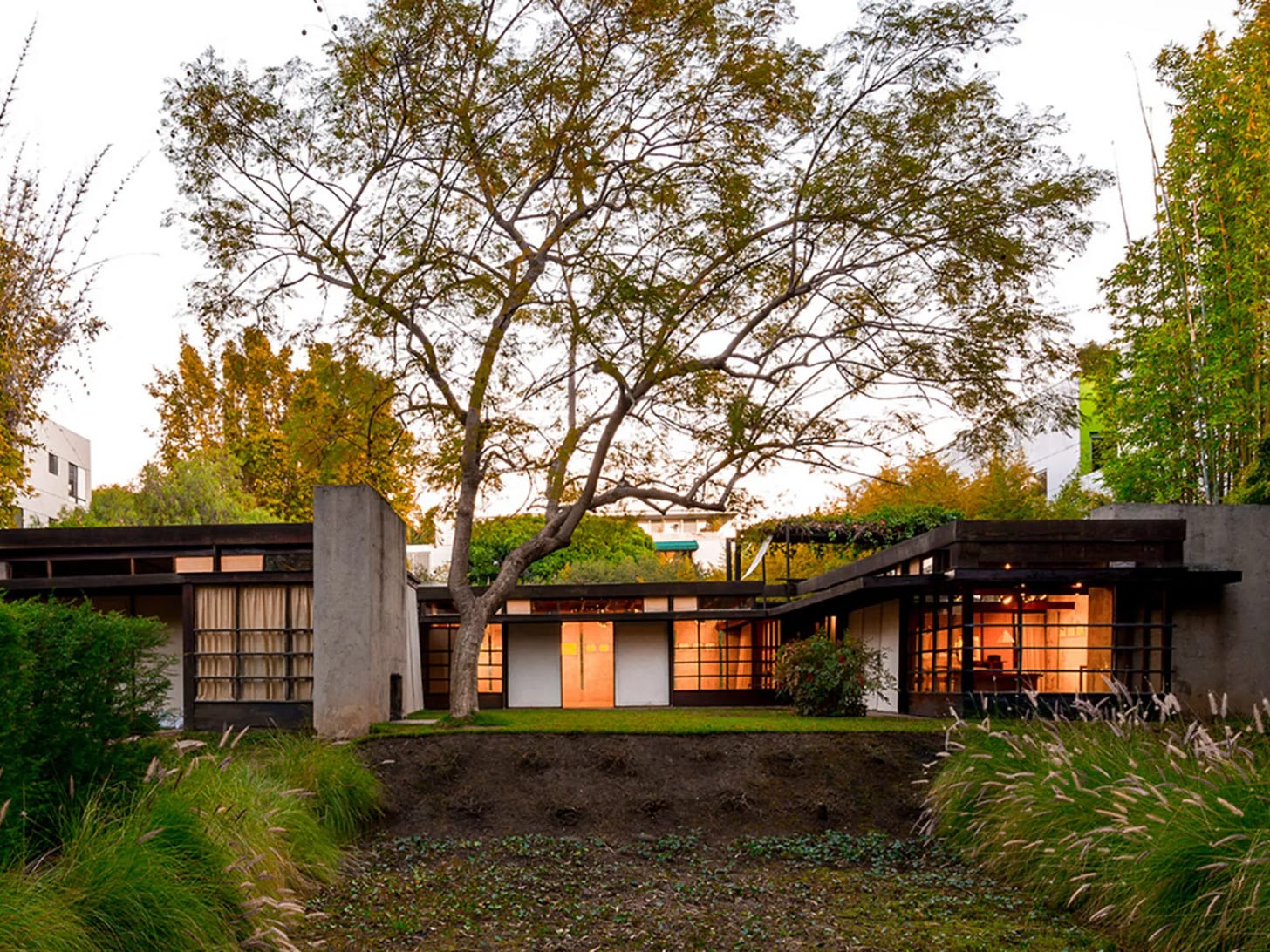There's a moment in Kurosawa's "Ran" where everything falls apart at once. The old king watches his world collapse into flames, standing frozen on a wooden platform while chaos erupts below. I keep thinking about this scene lately, watching people around me try to cope – or rather, fail to cope – with our layered catastrophes.
I have been a delinquent. Or maybe I'm flattening, flattening.
The truth is I have spent the last month coping with coping. It came together for me watching Joshua Oppenheimer's "The End" – a film that crystallized how the stories we tell ourselves about our actions, our families, our society, our planetary health, ultimately shape our fate. Sometimes, the very delusions that keep us going also ensure our demise.
We are storytelling creatures before we are anything else. Stories are our primary technology for making sense of everything – from ourselves to the chaos we have wreaked. Stories make the unbearable bearable. But this gift comes with a curse: our stories can either illuminate reality or obscure it. We can hide in the delicious delusion of self-deception, or we can pull the wool from our eyes and face ourselves honestly, choosing growth over comfort.
Think about the stories we tell ourselves daily—both conscious and unconscious.
They aren't just coping mechanisms – they're narrative structures we've built to make the present livable. But at what cost?
Each person crafts their own story about why things aren't as bad as they seem, or why their particular form of coping is the "right" one.
Maybe we're not supposed to be "good" at coping with all of this. Maybe our inability to smoothly process multiple simultaneous catastrophes is actually the most human response possible. Our awkward, imperfect attempts to hold it all – the grief, the fear, the unexpected moments of joy, the uncertainty – might be exactly what we need to be doing.
We need new stories that acknowledge the flames while showing us how to walk through them. Stories that don't promise salvation but offer solidarity.
Like that king in "Ran," we stand on our platforms watching the world burn. But unlike him, we still have a choice about what story we tell about the flames – and more importantly, what story we tell about ourselves as we face them. Stories that remind us that fumbling through the dark together might be the most human thing we can do.
As we enter 2025, I want to dedicate this space to these kinds of stories – the ones that help us flatten into clarity rather than denial. Stories that make room for both our fumbling and our grace, that honor the messiness of being human in catastrophic times. Because maybe that's what flattening really is: not a collapse, but a clearing of space for truer narratives to emerge.
reading: Marguerite Duras’ The Lover, – because sometimes you need to step away from climate into different kinds of heat.
watching: P.S. Currently oscillating between holy and unholy screen time – just watched Conclave (Stanley Tucci in Vatican intrigue? Say less) and The End. If you need me, I'll be somewhere between papal politics and apocalyptic thoughts.
seeing: MAK Center for Art and Architecture
eating: tomato soup perfect for a chilly day.
listening: my spotify wrapped #1 was Aflana by Attarazat Addahabia & Faradjallah y’all got nothing on me and my habibi funk.
developing: ok – the rolls are here–I decided to create these micro reels which you can find here.












So nicely written, without storytelling we are just noise. Specially in the climate action space, such as complex word filled with bad news. Storytelling becomes the ultimate tool.
Thank you, dear Alisa.For me “The End” is the film of 2024. We live in a very comfortable bubble, most of us. But this bubble is a reality. Can someone of us fully comprehend that our Earth is also just a bubble in Universe? Should we comprehend it? Until what degree?